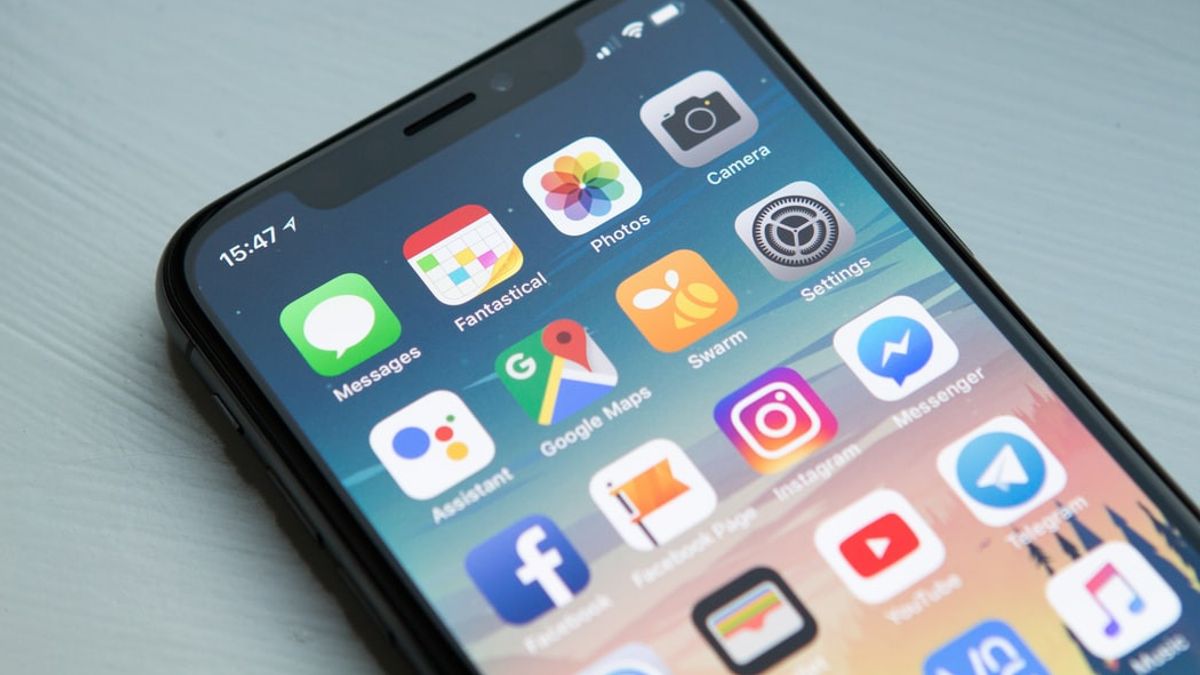JAKARTA - Internet users often leave digital footprints when using various online services. These traces can include websites visited, photos uploaded, and interactions on social media such as comments, posts, and reactions.
A Kaspersky study has explored which services and platforms users are most concerned about the privacy and security of personal data. Statistics were also obtained based on anonymous data on visits to the Kaspersky Privacy Checker website between December 2019 and August 2021.
Kaspersky researchers analyzed which services and platforms had the most users open their security setting instructions. Among the most popular privacy requests were Google settings on Android 11.1 percent, security rules for Android OS 7.3 percent, and WhatsApp settings on Android 5.9 percent.
As for social networks, users most often see Facebook security pages on various platforms 15.7 percent. Instagram is the second most reviewed social network in terms of the number of requests for privacy settings 9.9 percent.
TikTok takes third place with an 8.1 percent share of requests for security settings. Given that its monthly active users are four times smaller than Facebook's 689 million versus 2.9 billion, this figure shows that the privacy offered by TikTok is also of great concern to users.
Among messenger services, users pay the most attention to the security level of WhatsApp, the share of requests about its security policy is 13.9 percent. Meanwhile, the Russian social network VK also managed to become the top global query, with 7.7 percent. VK is the most popular social network in Russia, and the share of requests for security instructions among Russian users is 25.3 percent.
“Most of the day-to-day actions that users perform on the web can lead to the accumulation of a digital footprint. This could include IP addresses, comments, photos and location tags, or biometric data taken from these photos," Kaspersky Social Media Chief Sergey Malenkovich said in a statement quoted by VOI, Monday, August 30.
Malenkovich added that visitor statistics in the Privacy Checker project show that users are starting to take an active interest in the privacy and security of their accounts and are trying to reduce their digital footprint where possible.
"TikTok's high share of security policy requests demonstrates interest in the platform itself as well as user concerns about some of their data collection practices, which have recently been highlighted in the media," Malenkovich said.
To protect your personal information on social media, consider the following advice from Kaspersky:
Public cloud storage is not the best place to store your personal information, like passport scans or password lists. A better option is to store this data in an encrypted archive. Do a private browsing method, and use Kaspersky Internet Security solutions that can help you avoid the risk of tracking on the internet. Keep your primary email address and phone number confidential. We recommend creating an additional email account and purchasing an additional SIM card that can be used for online shopping and other situations that require you to share data with strangers or third parties. Review permissions for each mobile app and browser extension. It's best to avoid installing browser extensions unless you really need them. Carefully check the permissions you give to the feature. Secure your phone and computer with a password or passcode. A secure option is to use a password or biometric authentication to lock your phone, tablet, and computer.The English, Chinese, Japanese, Arabic, and French versions are automatically generated by the AI. So there may still be inaccuracies in translating, please always see Indonesian as our main language. (system supported by DigitalSiber.id)













